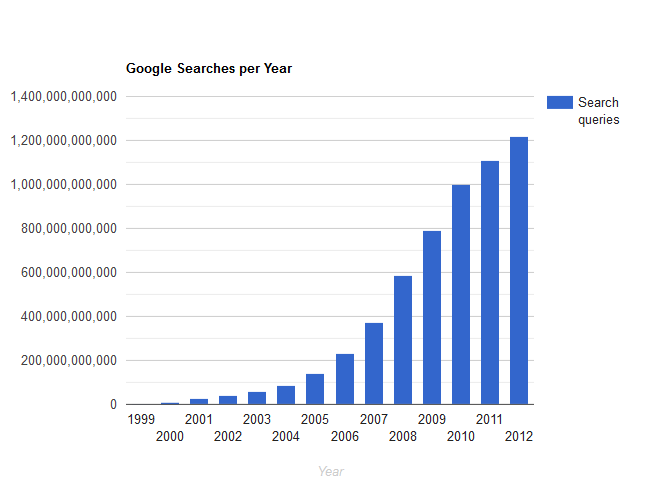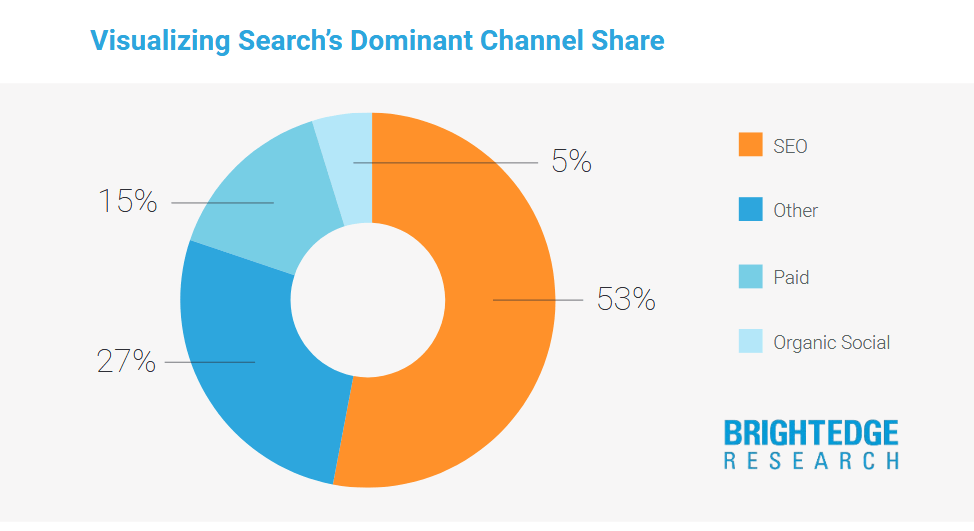Business owners and marketing managers are often reluctant about SEO (Search Engine Optimization), for several reasons, for example:
- Unlike PPC and advertising campaigns, it’s harder to measure SEO’s ROI.
- SEO’s success is often dependent on Google’s ranking algorithm and its capricious updates.
- The SEO process is slow, and it may take a few months until you see an improvement (if you see any).
- It is “impossible” to understand or predict Google’s definition of content’s relevancy, which makes it harder to build a measurable business plan based on organic traffic.
And if that’s not enough, almost everyone heard (or experienced) horror stories: from SEOs who did more damage than good to algorithm updates that pushed websites from the first position, sudden ranking drops and loss of traffic, disappearance from Google’s index and more.
Are these reasons justified? Can you remove SEO from your digital marketing mix? Or should you still make an effort to be liked by Google (and your potential customers who probably won’t bother to scroll past the first SERP)? I will try to answer some of these questions.
First, a few questions that will help you decide if SEO is relevant for your business:
Is your target audience on Google?
In 99% of the cases, the answer will be yes. Most people are using Google (and a few of them use other search engines) as a starting point to find information online (in the broad sense of the term information). Google alone processes 3.5 billion search queries a day on average, which translates into 40,000 search queries a second and 1.2 trillion searches a year. (And yes, people are even searching Google on Google. Are you surprised?)
So it’s safe to assume that your target audience is also spending some time asking Google questions; the next question is what are they asking, and whether your website or business can provide an answer.

Do they trust Google?
The unbearable lightness of finding answers in the 21st century made us lazier, more truthful and naïve and more programmed. For many of us, including your customers, Google’s answer is always the correct one; we don’t argue, don’t check, simply trust it blindly. If you sell online, what is the conversion rate in organic traffic comparing to other channels?
Is your competition on Google?
Another important aspect to check is the state of the market and the competition. If your competitors have a decent website and a proper SEO strategy – you shouldn’t stay out of the game. And if your competitor’s website doesn’t have an active SEO strategy, it’s even better – because it means that you have a chance to bypass their Google ranking, and grab your potential customers attention.
In addition to the direct competition, in the internet sphere you might find yourself competing against indirect competition, i.e. websites that don’t necessarily promote the same products or services as you, but they may rank higher on relevant keywords, and get the traffic that you might have gotten otherwise. For example, comparison sites can compete with ecommerce sites, portals compete with information sites, and so on. Those are usually strong and authoritative websites, and you won’t be able to compete with them without SEO.
Is your website’s traffic dependent solely on campaigns?
Online advertising campaigns (on Google, Facebook and other platforms) are an essential part of the digital marketing strategy. Online campaigns are usually effective, easy to measure and show immediate results. But if you suddenly pause the campaigns, will you still have website visitors, or your Analytics graph will show a steep downward plunge?
Unlike PPC, SEO is a long-term investment. While it is true that it’s return on investment is not immediate (and let’s make it clear: SEO is an investment, as it requires content writing and updating, continuous tracking and maintenance, and often design and development), but it is worthwhile in the long-run, as it will continue to send a regular stream of users and leads to the website). Organic traffic makes about 50% of all incoming website traffic, and in some niches even more.

During covid-19 (or perhaps the first wave), you could see the difference between websites that reaped the fruits of their prior SEO labor (obviously, depending on the niche and demand), and those that had to cut their media budget and as a result disappeared from the digital sphere.
The bottom line:
For several reasons, SEO has become more challenging in recent years: bigger competition, Google’s constant algorithm changes, search results dominance and their tendency to make SEOs life harder.
Still, Google is a leading traffic source in all industries, and due to the above-mentioned reasons and others, websites without SEO strategy have a faint chance to be found on Google and be discovered by potential customers. Moreover, Google’s relevancy and strength is not expected to weaken in the near future, and the search engine will probably remain a crucial factor in our daily decisions and navigation.
SEO Consulting Services
Not all companies and organizations need (or can afford) a full-time SEO team or a retainer-based consulting agency. Yet, SEO advisors can answer certain needs and solve specific problems.
Some of the most common scenarios:
SEO planning for new websites, under construction or redesign – SEO consulting service will verify that the planned website meets Google’s demands and the common standards, and that the redesign plans won’t damage the current rankings and traffic.
SEO audits – an analysis of the website and all the issues that prevent it from fulfilling its full potential, and recommendations to improve rankings, traffic and conversions. SEO audits usually include technical review, content analysis, as well as keywords and competitors’ research.
SEO consultation for specific issues – this service ranges from handling of particular technical aspects (such as improving the site speed, building a site map or implementing schema tags) to more complex issues (such as analysis of the drop in organic traffic, improvement of rankings on specific keywords, increase the ratio of traffic from non-branded keywords, etc.). It can even include consultation in overlapping issues, like social media marketing or user experience.
SEO guidance – companies that have a digital marketing team, but without any SEO representation, can benefit from SEO guidance, which will help content writers, developers, media managers and others to align with Google’s guidelines and to verify that the overall marketing efforts support the website’s presence on Google (or at least, don’t damage it).
